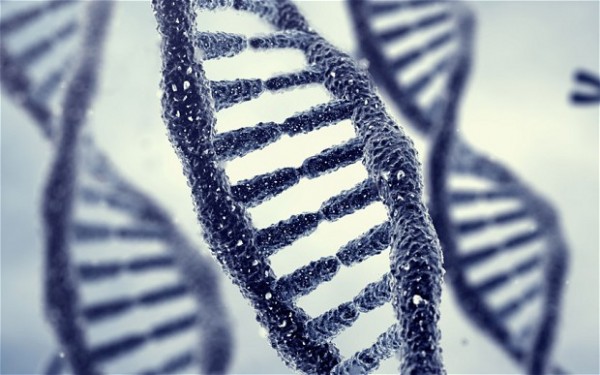An Oxford University academic is saying that national security agencies in England and elsewhere have a new concern: Amateur “biohackers” who use established genome-editing techniques to create biological weapons.
As reported by the UK’s Independent, these biohackers would be ordinary folks who then edit genes to alter existing life forms, a practice that could lead to the the development of bioweapons or other dangerous substances.
Amateur scientists the world over are now using these genome editing after they became very inexpensive and readily accessible. Though most are harmless, Prof. John Parrington of Oxford told attendees at the recent British Science Festival in Swansea that rising fears among other scientists and national security services the technology could also be used to create deadly new viruses and bacteria.
“Who knows what will happen in the future,” Parrington said, suggesting that someone could eventually design a “biological weapon.”
“There’s some disquiet among the security services about where this is all leading as you might imagine,” he added.
Scientists at Stanford University in California have also voiced concerns that genetic code gerrymandering may already be in the public domain.
Parrington, who is the author of popular science books “The Deeper Genome” and “Redesigning Life,” did say that altering genomes to create significant new health problems or bioweapons is not as easy as some may think. “It’s actually quite difficult and not quite as trivial as some people think to make a new form of virus that’s lethal,” he said, adding that nature was “quite good” at creating them on its own.
Also, he said, most biohackers are peaceful and interested in creating good things. For instance, he said, there is a biohacking group in Hackney (no pun intended) that is attempting to make a new, special craft beer.
Still, the concern that someone, somewhere, has the ability and know-how to create something vile and deadly is real enough that security services are taking it seriously.
In February, Technology Review reported that U.S. Director of National Intelligence James Clapper, in a global threat assessment issued that same month, added gene editing posed by “weapons of mass destruction and proliferation.”
Clapper’s designation surprised some outside observers, as it was the only identified biotechnology threat appearing in a collection of a half-dozen or more conventional threats, such as underground nuclear detonations by North Korea and Chinese aggression in the South China Sea.
One of the most popular gene-editing programs is CRISPR, which Natural News identified as one that could be misused by terrorist groups or others to create a deadly bioweapon.
Sources:


